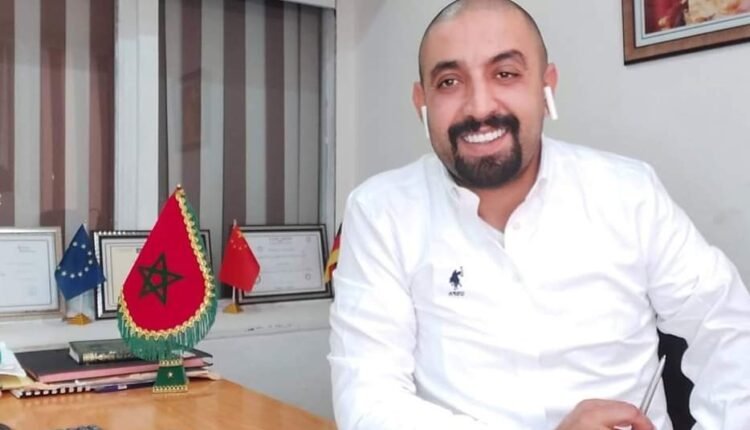Education And Innovation: Two Pillars For The Development Of The Agricultural Sector
The agricultural sector in Morocco contributes to the employment of more than 3 million graduates, which is considered an average percentage if we take into consideration the importance of the sector, which is one of the most essential pillars of the Kingdom’s economy.
Agricultural education in Morocco is an essential factor on which the agricultural and rural development policy is based to satisfy the skills needs of the agricultural sector and to develop human resources in the rural environment in order to achieve the objectives set by the ministry of Supervision as part of the Green Generation Program.
The training program, in its theoretical and practical components, constitutes the scientific and technical basis for students, for their training and qualification, within agricultural institutes in all specialties, and to facilitate, of course, their professional integration into the job market in all regions of the country.
The internal education system of agricultural institutes is distinguished academically and pedagogically compared to other educational systems in Morocco, in faculties with open and regulated access. The student follows his studies at the institute throughout his years of study, in a special atmosphere that allows to have new knowledge, and discover new traditions and new practices. This is enriching for his personal development and also gives him the opportunity to have a lot of information about other regions of Morocco, since the students come from different cities. The boarding school is therefore a very important environment for learning and for improving the conditions for students’ academic success, but also a place for social communication and learning the rules of the collective life of young people where the internal student learns the rules of relying on oneself and taking responsibility in all situations and taking charge of oneself and forging an independent personality. This educational system also contributes to the reduction of social inequalities and to the fragmentation of the behavioral discipline of young people.
The study program is taught in French, because it is based on scientific research bases and foreign technical expertise, in particular from France. Thus, it makes sense to adopt the French language in education, since the theories of these sciences generally vary from one school to another (French, German, America …) based on different approaches and rich and varied training engineering.
In order for the student to acquire multiple and effective skills, the program followed is based on the learning of theoretical and practical knowledge, the understanding of the different methods and modes of technical and human operation, the analysis of the various physical, technical, human and environmental data, and the mastery of techniques and research tools in all fields related directly or indirectly to the agricultural field.
Training and innovation in its practice becomes a necessity since it is a strategic sector of the Moroccan State in agricultural matters, especially with the ambition of decision-makers to make this agriculture a promoter sector that will open a new horion for youth entrepreneurship in this still virgin sector and to favor the conditions for the balance between the different regions of the Kingdom.
M. Riad OUAHTITA
Training engineer
Agricultural expert


